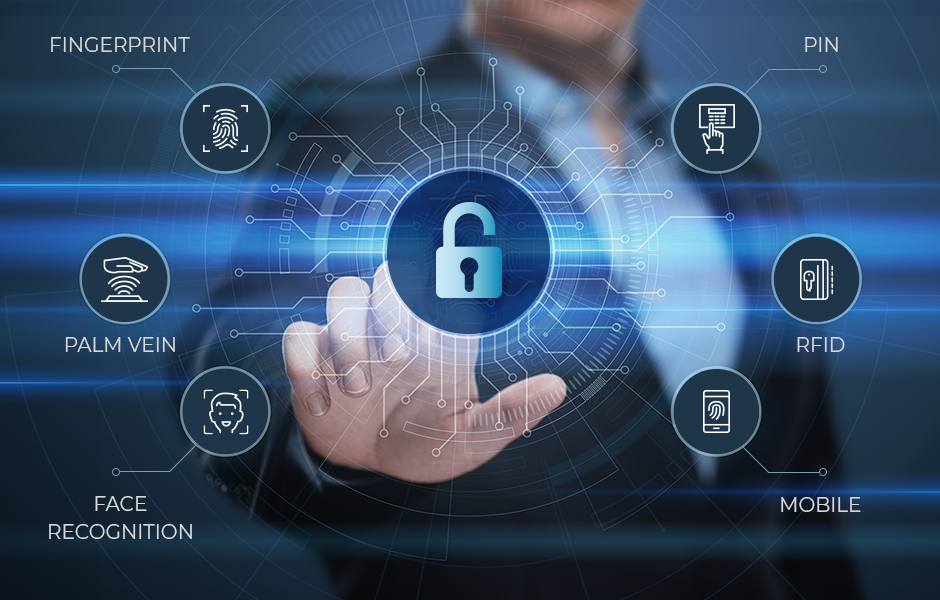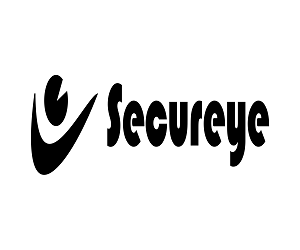Access Control Fast Secured Efficient

Access Control
Access control refers to the practice of regulating and managing the entry and usage of physical spaces, digital systems, or resources within an organization. It is an essential component of security measures to protect assets, ensure the confidentiality of sensitive information, and maintain the integrity of operations.
Access control systems are designed to grant or restrict access to authorized individuals based on their identity, credentials, or permissions. These systems typically include the following elements:
Authentication: The process of verifying the identity of an individual seeking access. This can be done through various methods, such as passwords, PINs, biometric data (fingerprint, iris, etc.), smart cards, or tokens. Multi-factor authentication (MFA) is often employed to enhance security by requiring multiple forms of identification.
Authorization: Once an individual’s identity is authenticated, the access control system determines the level of access they are granted based on their role, permissions, or clearance level. Authorization rules define what resources or areas the individual is allowed to access and what actions they can perform.
Physical Access Control: Physical access control systems are used to secure physical spaces, buildings, or areas. These systems can include mechanisms such as locks, keycards, access badges, security guards, or biometric readers. They ensure that only authorized personnel can enter restricted areas, preventing unauthorized access or intrusions.
Logical Access Control: Logical access control systems manage access to digital systems, networks, databases, or software applications. This includes user authentication and authorization for computer systems, networks, or specific software applications. Usernames, passwords, two-factor authentication, and role-based access control (RBAC) are commonly employed to control logical access.
Access Control Policies: Access control policies define the rules and guidelines for granting and managing access to resources. These policies are typically based on the principle of least privilege, which ensures that individuals have the minimum level of access necessary to perform their tasks. Access control policies also address issues such as password complexity, session timeouts, and account lockouts.
Access control systems are critical for protecting sensitive information, preventing unauthorized activities, and maintaining compliance with regulatory requirements. They provide organizations with the means to enforce security measures, monitor access events, and generate audit trails for accountability and forensic purposes.
When implemented effectively, access control systems help organizations safeguard their physical and digital assets, maintain confidentiality and integrity of data, and mitigate the risk of security breaches or unauthorized access.
We are the dedicated partners of the following Brands.







